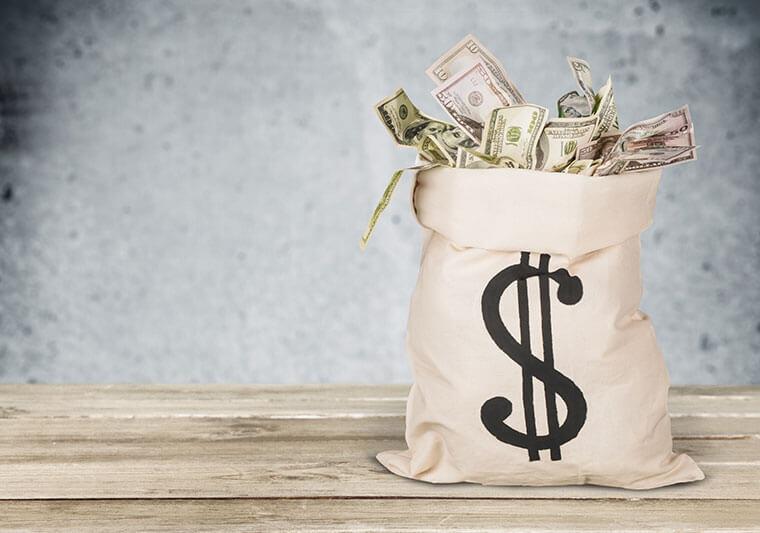
Who Gets Paid First When a Company Goes into Liquidation?
During liquidation one of the key issues for both the liquidator and concerned parties is what will happen to proceeds, and the order of priority of debt. If you are a creditor to a company going into liquidation, you will be keeping track of the process to ensure you are paid what you are owed. If you are a director or hold a senior management position with a company in liquidation, you will already be aware the liquidator can assist you with the distribution of proceeds.
Liquidation for solvent and insolvent companies
There are three types of liquidation: court order, creditors’ voluntary, or members’ voluntary. Members’ voluntary liquidation is typically the type of liquidation solvent companies choose, while the other two usually apply to insolvent companies. When a solvent company decides to wind up (members’ voluntary), it’s usually able to finalise and make good all its debt obligations.
This is not the case when the company is insolvent. When this occurs, trading partners, suppliers, lenders, and other creditors will be very much be concerned with the priority of debt repayment, and if they’re getting paid at all. The priority of payments to creditors depends on whether they are a secured or unsecured creditor, with the former holding priority. The priority of payment in liquidation are as follows:
- The costs of liquidation
- Secured creditors
- Priority unsecured creditors (employees)
- Unsecured creditors
Secured creditors
Secured creditors, as defined by Section 12 of the Personal Property Securities Act 2009, are those who have a security interest (for example, a mortgage or charge) over some or all of the company’s assets.
The rights of secured creditors differ from those of unsecured creditors when it comes to debt defaults. For example, if a company fails to make repayments, secured creditors have the right to appoint an independent receiver to sell some or all of the charged assets to allow the repayment of the debt.
Unsecured creditors
As unsecured creditors have no collateral or security over the company’s assets, they rank after secured creditors in the event of liquidation. Unsecured creditors could be trading partners that supplied goods or services to the business. They can also include the ATO when there is tax debt outstanding.
Unsecured creditors may be able to recover debt outstanding and get paid in the form of a dividends if there are funds left over after the secured and priority creditors are paid. If there are insufficient funds left over, unsecured creditors will be paid on a pro rata basis, with any subsequent categories receiving nothing.
We care about our customers
At Australian Debt solvers we take feedback seriously and pride ourselves on providing the best customer services possible
Rated 5 out of 5
